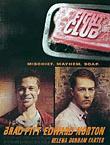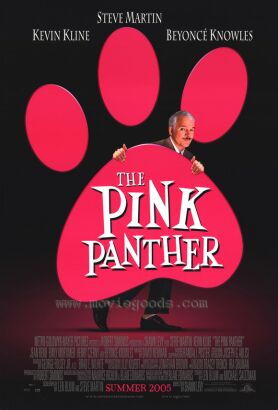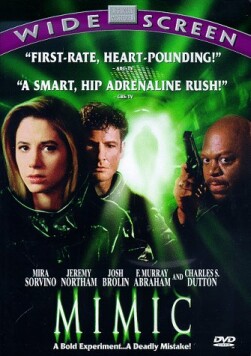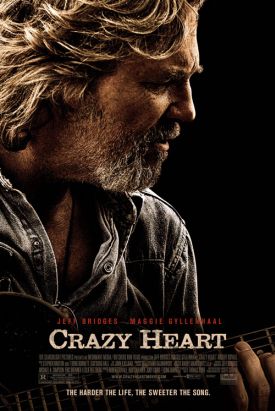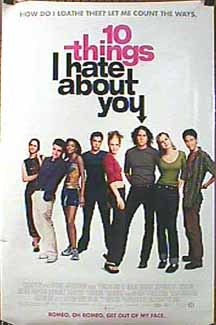Fight Club
I didn’t bother going to see Fight Club when it came out in October
because, having seen Seven and The Game, the earlier films by its
director, David Fincher, I thought I knew what to expect: namely, bargain
basement nihilism and pseudo-profundities got up into an “edgy” package with
“edgy” music and featuring big stars who specialize in “attitude.” Also, a
gruesome fascination with blood and other interior fluids forced out of their
fragile containers, and with physical ruin, whether of people, cars or
buildings. But so many people wrote me asking what I thought of the
movie—most of them, I gathered, expecting me to hate it—that I
belatedly decided I’d better go and have a look.
And what did I find? Lo, I did hate it. But I also thought that I had
been right not to bother going in the first place, since the movie is neither
interestingly bad in itself, like Bringing Out the Dead or The Story
of Us, nor a particularly notable cultural landmark of badness, like
Dogma or American Beauty. In fact, it was pretty much exactly what
I expected, though I did find it mildly interesting to note that, like
American Beauty, the film is (among other things) a caricature of
old-fashioned ideas of masculinity by someone who doesn’t understand them from
the inside but whose dreams they obviously haunt. Whether or not this
ambivalence towards images of butch brutes who only come alive when they are
grappling with and punching each other is related to the film’s homoerotic
subtext I forbear to guess.
The surprise of the movie’s ending shows us that, indeed, the two little
dears played by Edward Norton and Brad Pitt are (you could say) closer than
Roebuck is to Sears. But the whole premiss of this movie is that we are all (at
least all of us who are men) inhabited by the male beast who lives to fight, to
inflict violence and mayhem on his fellow creatures merely for the thrill of it,
and that civilized life is a struggle between that inward and feral male and the
countervailing but increasingly effete-looking forces of civilization. Fincher
has some sympathy with the beast because it promises a buzz. “After fighting,
everything else in your life has got the volume turned down,” says Norton’s
narrator. “You were never alive like you were there.” It is also politically
sympathetic, insofar as it puts its highest value on freedom and holds
corporations and Ikea furniture and therapeutic assumptions in contempt.
But it must make the world very hard for Fincher to understand when he
reflects that corporations and Ikea furniture, if not necessarily therapeutic
assumptions, are also produced by men, men who want to build rather than tear
down. Now where did they come from do you suppose? Brad Pitt’s
character’s thoughts on marriage—“We’re a generation of men raised by
women; I’m wondering if another woman is what we really need”—is the kind
of superficial profundity in which Fincher specializes. But anyone who spends
more time than he does in the world as it is, is likely to hear it as mere
bravado. In this it is like the movie as a whole. The disturbing and unlovely
masculine tendency it presents us with is not really violence at all, but rather
this kind of blustery arrogance—which, by the way, resembles violence in
having been disciplined, historically, by a sense of honor. Lacking same, this
movie is a waste of time.
Discover more from James Bowman
Subscribe to get the latest posts to your email.

